Common Sunscreen Ingredient Found in Frozen Pizzas & Candies
Scientists have voiced concerns about the potential effects of a common sunscreen ingredient being used in foods like frozen pizzas, bakery items, and children’s candies.
Titanium Dioxide (TiO2) is a synthetic substance widely used in industrial and consumer goods, including sunscreens, cosmetics, paints, plastics, paper, and wallpaper, due to its non-flammable and insoluble properties.
Absorbs UV Light
It also absorbs UV light but cannot penetrate the skin
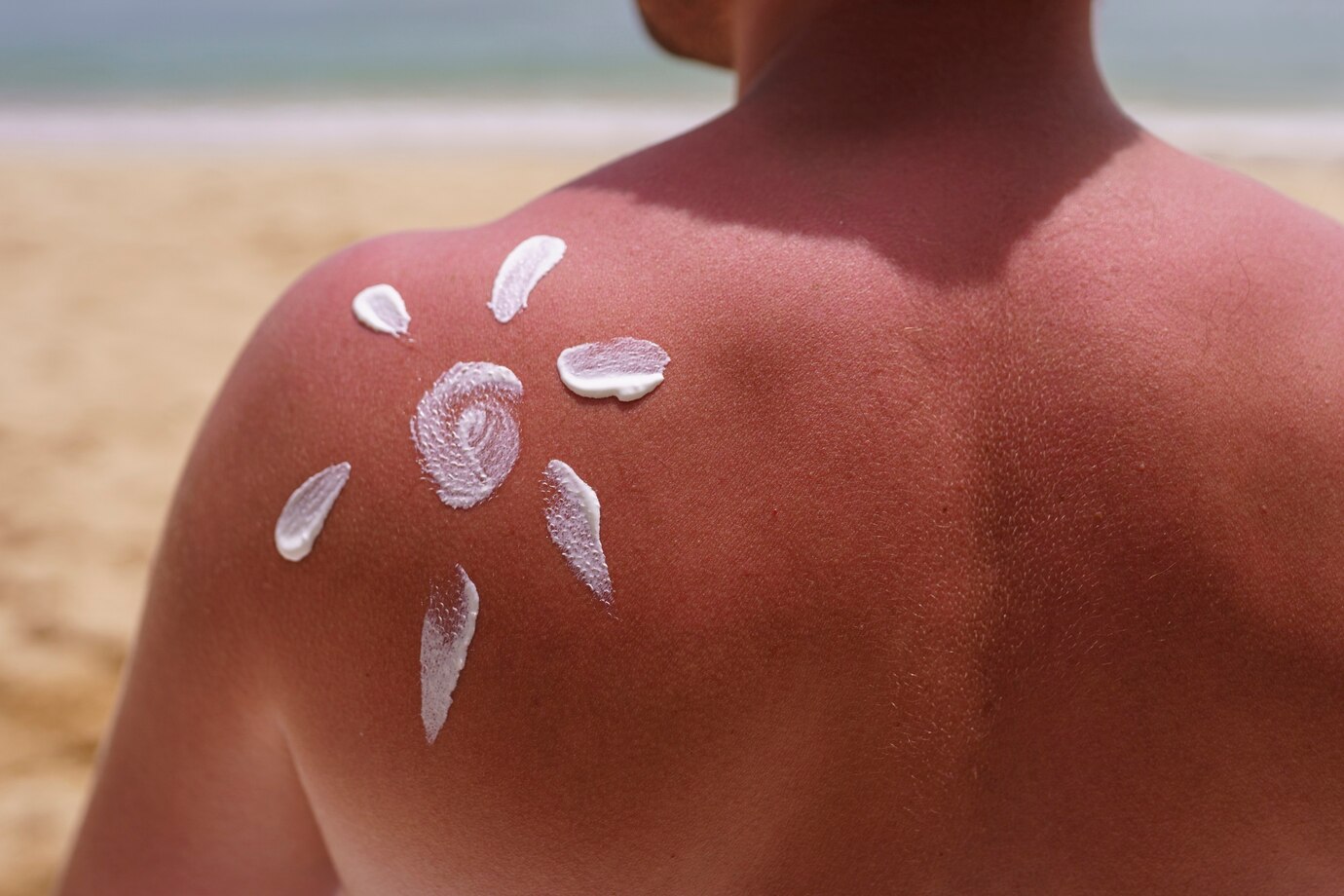
Source: Freepik
The US Food and Drug Administration (FDA) regulates TiO2 as a food coloring, allowing its use in various foods, such as cottage cheese, salad dressing, and brightly colored sweets like Skittles, provided it does not exceed 1 percent by weight.
Listed as “artificial color”
On food labels, TiO2 may be listed as “artificial color” or “colored with titanium dioxide,” though this labeling is not always required by the FDA.
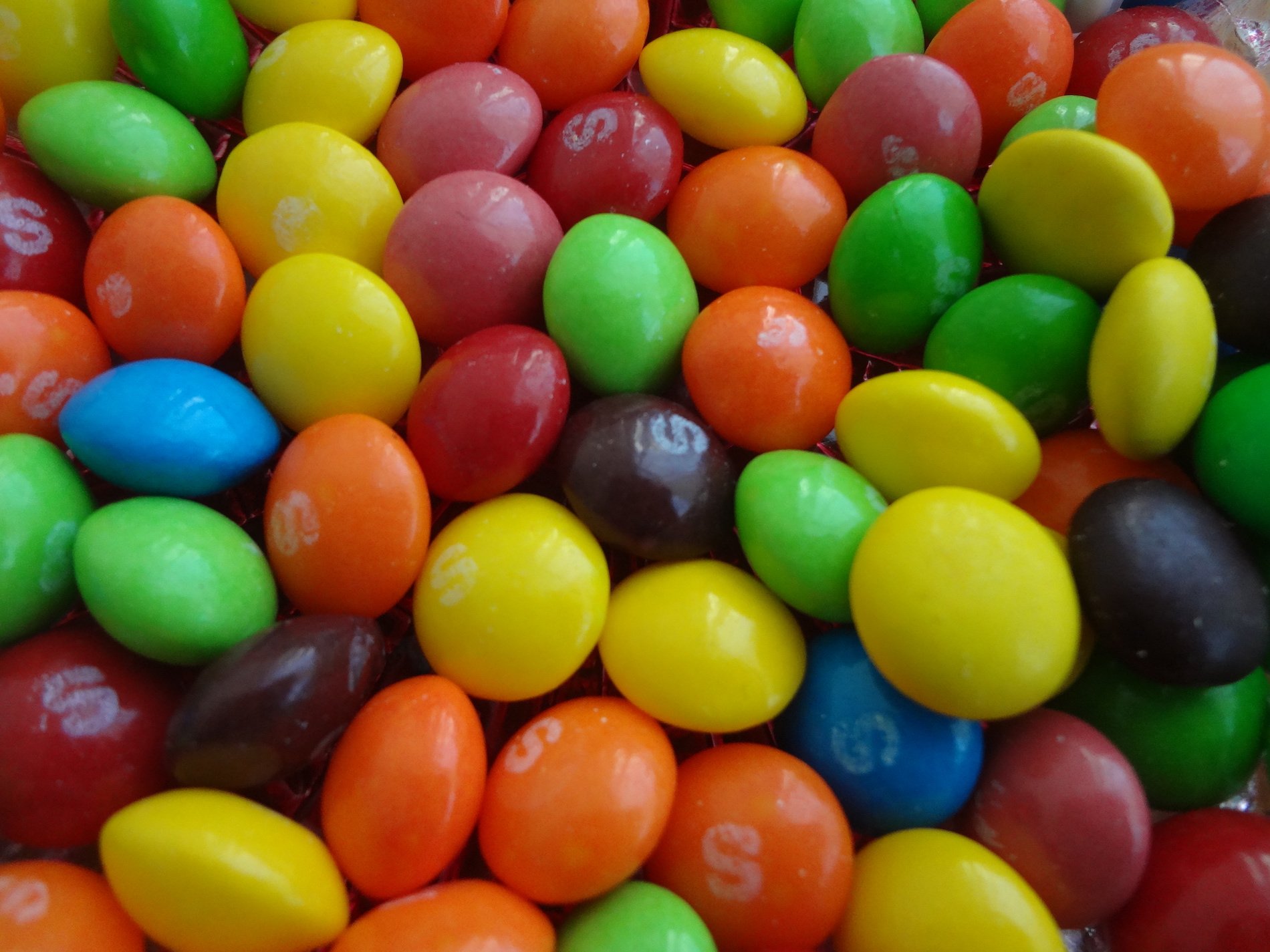
Source: Wikimedia Commons
Despite FDA approval in the US, TiO2 is under review following a 2023 petition by environmental groups seeking to ban it from foods.
Banned in the EU
In February, California lawmakers advanced a bill to prohibit foods containing titanium dioxide in public schools.

Source: Christian Lue/Unsplash
The European Union banned the substance in 2022.
Harmful to Internal Organs
Several US studies have highlighted research supporting these concerns.

Source: Freepik
The primary issue is that TiO2 contains nanoparticles small enough to penetrate cells, potentially harming internal organs.
DNA Damage
An article in npj Science and Food cited animal studies indicating that titanium dioxide nanoparticles could damage the liver, immune and reproductive systems, and DNA.
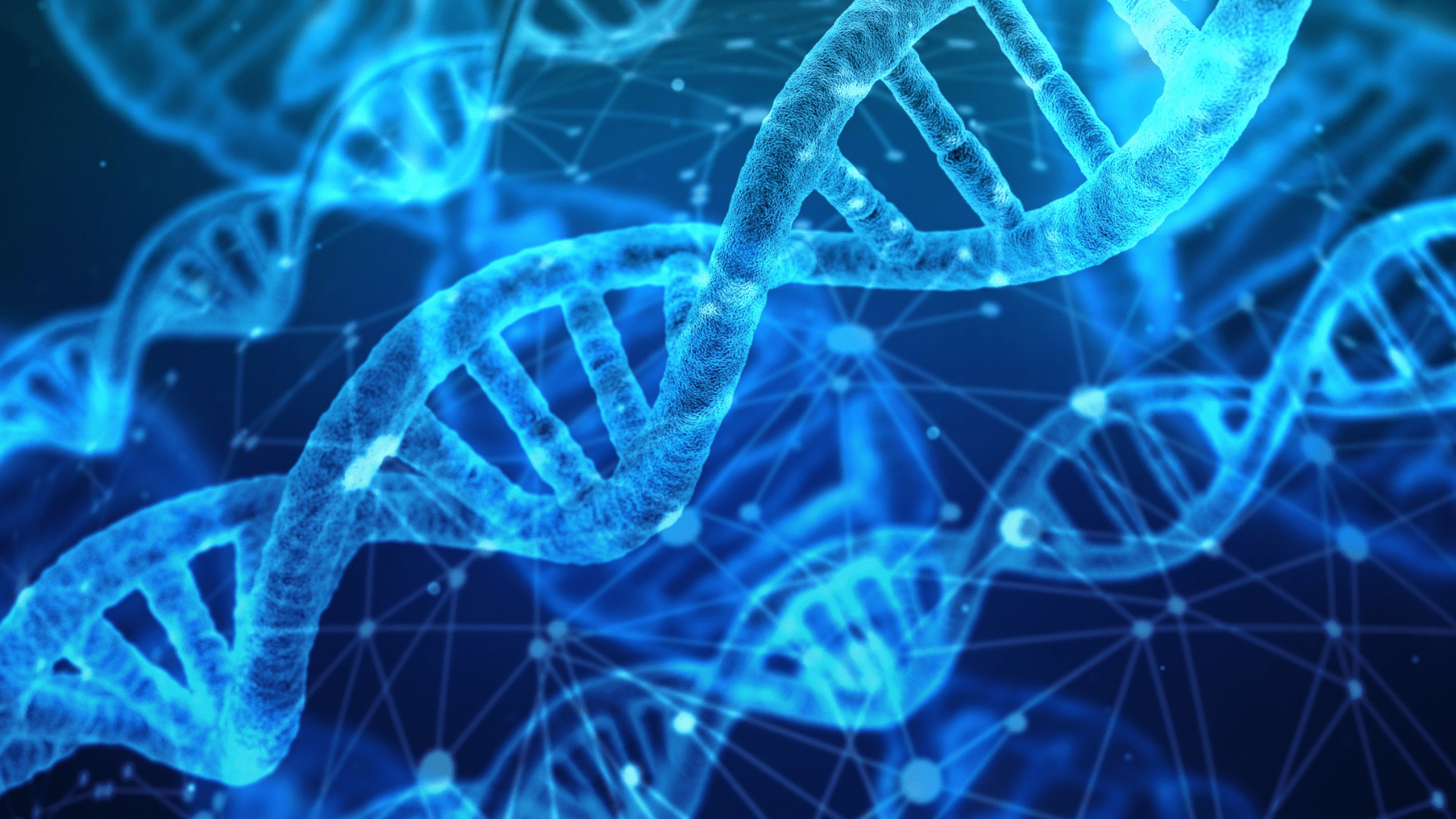
geralt/Wikimedia Commons
Other research found these particles could also inhibit beneficial gut bacteria.
Gut Inflammation
A study published in February involved 35 healthy adults.
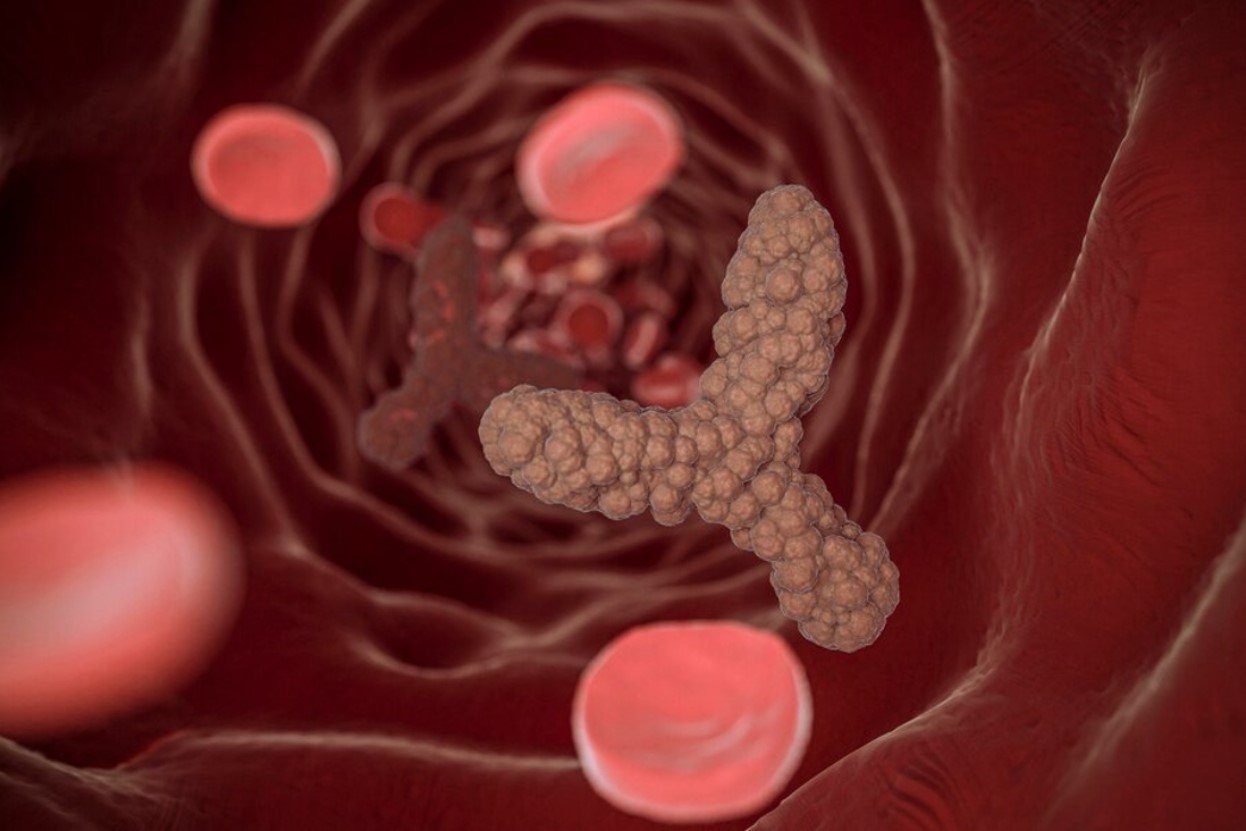
Source: Freepik
Individuals with higher TiO2 levels in their stools also had higher levels of certain gut inflammation and indications of increased gut permeability.
Serious Health Issues
Dr. Kelsey Mangano, the study’s lead scientist, noted that chronic gut inflammation and permeability could raise the risk of health issues.

Source: Freepik
These include colon cancer, nutrient deficiencies, and low-grade inflammation.
Consumed More by Children
Additional concerns involve the effects of TiO2 on children, who typically consume more foods containing the substance, such as candy.

Source: Pennsylvania Department of Education/Facebook
However, organizations like the Consumer Healthcare Products Association (CHPA) have opposed a “knee-jerk” ban on TiO2, citing potential “far-reaching consequences.”
CHPA Opposes to Ban
In an August 2023 statement responding to the FDA’s review announcement, the CHPA described a ban as “unjustified.”
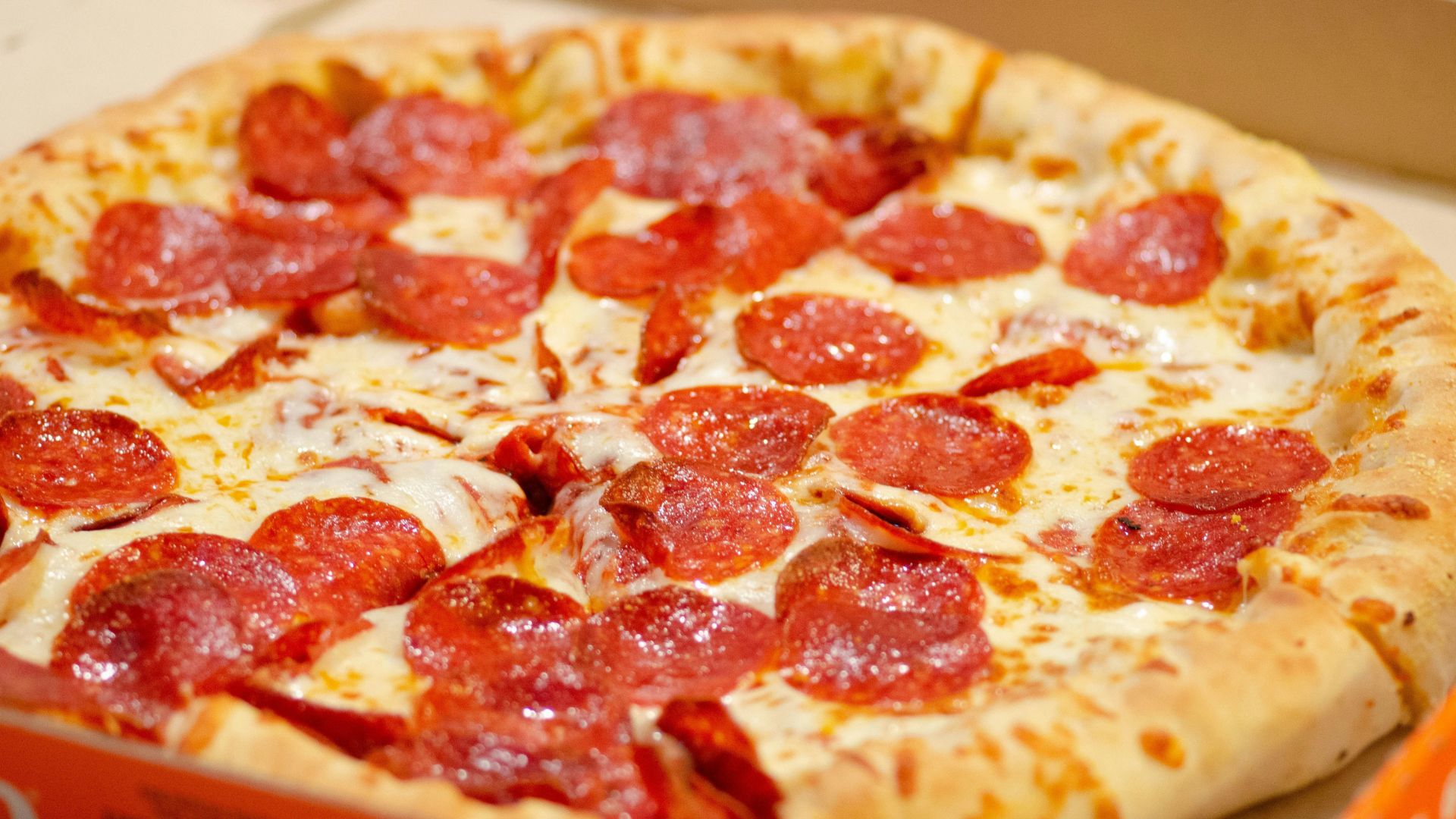
Source: Alan Hardman/Unsplash
“We strongly urge the Food and Drug Administration to deny the petition to repeal [a section of its regulations], which permits the use of TiO2 in food and dietary supplements,” the statement read.
“Deemed Safe”
“While consumer safety is of paramount importance, a knee-jerk ban on TiO2 in food and dietary supplements would be unjustified.”

Source: Freepik
“Based on extensive scientific research and regulatory evaluations, TiO2 is deemed safe for use as a food additive when consumed within established regulatory limits.”
Responsible Use
“Furthermore, its regulatory approval, manufacturing oversight, and industry best practices ensure the responsible use of this ingredient.”

Source: pvproductions, Freepik
“Continued adherence to these safety measures and ongoing research will contribute to maintaining the safety and integrity of TiO2 as an essential food additive.”
